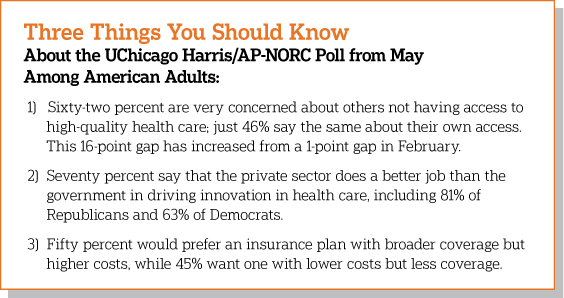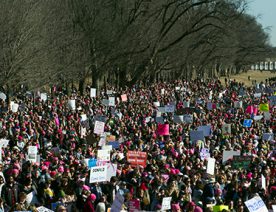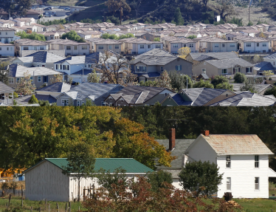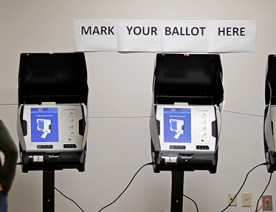
A new study from the University of Chicago Harris School of Public Policy and The Associated Press-NORC Center for Public Affairs Research includes two surveys measuring attitudes about the health care system—the first conducted in early February 2020 just after the first confirmed case of COVID-19 in the United States, and the second conducted in early May 2020 when the U.S. case count was over one million.
Results from the May UChicago Harris/AP-NORC study show that Americans’ concerns about the country’s health care system continue to loom larger than worries about their own care. For example, only 19% of Americans are concerned about personally losing or not having health insurance, while 56% are worried about coverage issues for others in the country.

Indeed, this gap in concern has only widened in the midst of the outbreak as fewer Americans in May than February express personal concerns about losing their health insurance, the amount they spend on health care, and having access to high-quality care.
The two surveys also reveal a great deal of stability in Americans’ fundamental concerns about the health care system and illustrate the public’s differing priorities for their health insurance plans. For example, looking at trade-offs in the system, majorities prefer paying less for health care and prescription drugs, even if it means paying higher taxes and investing less in innovation. However, there is little consensus on whether insurance plans should prioritize reducing costs, broadening coverage, or allowing people to choose their doctors.
The study also highlights stark differences between Democrats and Republicans about the role of government in health care. Democrats are more than twice as likely as Republicans to say that Americans should pay less for health care and more in taxes, while Republicans are significantly more likely to say that the private sector is better at handling all aspects of health care. Democrats are also significantly more likely than Republicans to say the U.S. government spends too little overall, and this partisan gap has widened over the past few months.
Overall, the public has far more confidence in the private sector than in the government to innovate and provide quality care. But there is far less agreement over whether government or the private sector is better able to control costs and provide coverage.
The nationwide surveys were conducted by the University of Chicago Harris School of Public Policy and The Associated Press-NORC Center for Public Affairs Research. The most recent survey was conducted from May 14 to 18, 2020, using AmeriSpeak®, the probability-based panel of NORC at the University of Chicago. Online and telephone interviews using landlines and cell phones were conducted with 1,001 adults. The margin of sampling error is +/- 4.4 percentage points. The February survey used the same methodology and featured online and telephone interviews with 1,015 adults from February 13 to 16, 2020, using AmeriSpeak. The margin of sampling error is +/- 4.2 percentage points.




